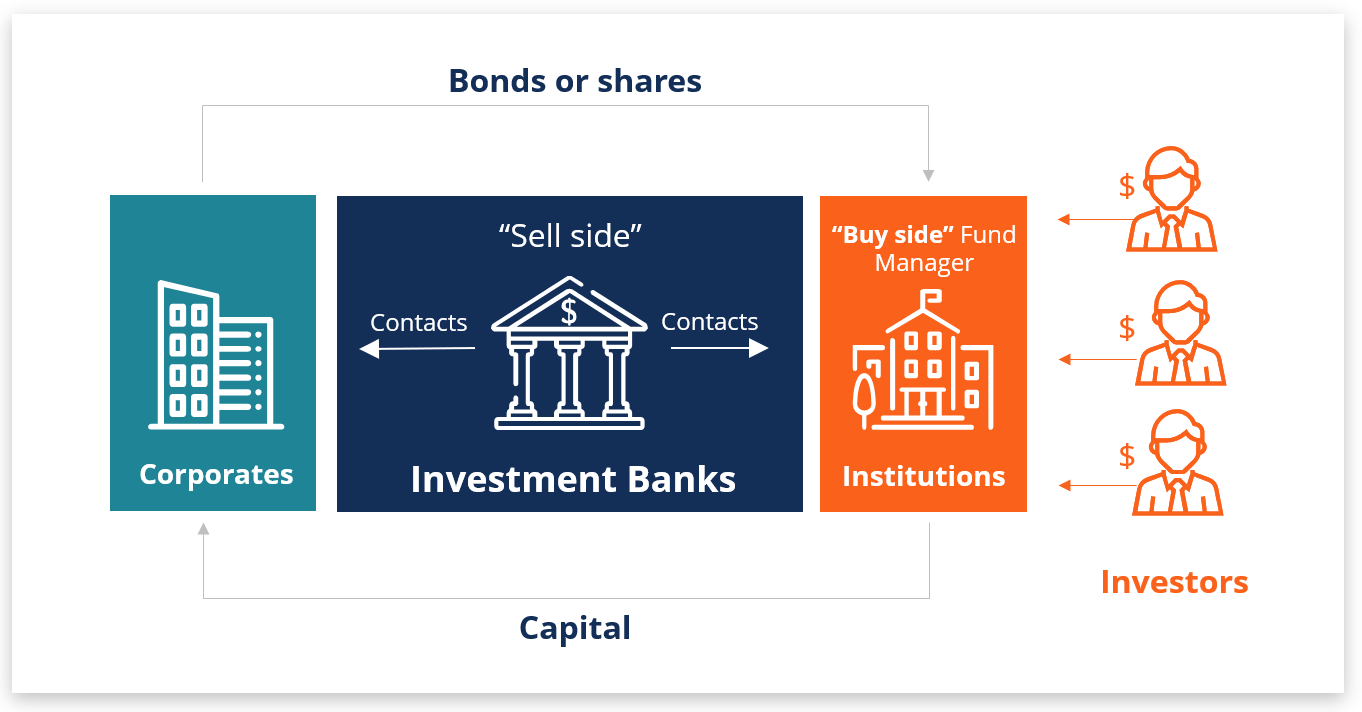Rise by Six: Your Daily Dose of Inspiration
Explore insights and stories that elevate your day.
Banking on Change: How Digital Finance is Redefining Your Wallet
Discover how digital finance is revolutionizing your wallet and transforming your money management. Embrace the banking revolution today!
The Rise of Mobile Banking: How It's Changing Your Financial Habits
The rise of mobile banking has transformed the way individuals manage their finances, introducing a level of convenience and efficiency that was previously unimaginable. With just a few taps on a smartphone, users can monitor their account balances, transfer money, and pay bills from virtually anywhere. This shift towards mobile platforms has led people to adopt new financial habits, as many now prefer digital transactions over traditional cash payments. In fact, a growing number of consumers are relying exclusively on mobile banking services, opting for a seamless experience that eliminates the need for in-person visits to banks.
Furthermore, mobile banking apps often offer personalized insights and budgeting tools that help users track their spending and save more effectively. Users can set up notifications for low balances, unusual transactions, or upcoming bills, empowering them to stay on top of their finances. As financial literacy increases, so does the tendency for individuals to take charge of their financial well-being through mobile platforms. Ultimately, this evolution in banking is reshaping financial behavior, making it essential for consumers to embrace these digital innovations for a more organized and manageable financial future.

Understanding Cryptocurrency: Is Digital Currency the Future of Your Wallet?
Understanding Cryptocurrency is becoming increasingly important as more people explore the concept of digital currency. Unlike traditional currencies, cryptocurrencies use decentralized technology known as blockchain to secure transactions and control the creation of new units. This innovative approach not only enhances security but also offers a level of transparency and global accessibility that traditional banking systems often lack. With the rise of Bitcoin and thousands of other altcoins, individuals are beginning to consider whether digital currency is merely a trend or if it represents the future of their wallets.
As we delve into this topic, it's essential to address several key factors that may influence the adoption of cryptocurrency as a mainstream payment method:
- Stability: The volatile nature of many cryptocurrencies can deter potential users.
- Security: While blockchain technology is generally secure, instances of hacking raise concerns.
- Regulation: Government policies around the world can significantly impact the future of digital currency.
Are Traditional Banks Becoming Obsolete? Exploring the Impact of Fintech Innovations
The rise of fintech innovations has sparked a crucial question in the financial sector: Are traditional banks becoming obsolete? With the advent of mobile banking apps, cryptocurrency platforms, and peer-to-peer lending systems, consumers are increasingly turning to technology-driven solutions for their financial needs. These innovations not only offer convenience but also lower fees and enhanced user experience, making traditional banking methods seem outdated. As a result, more people are opting for digital wallets and robo-advisors, which provide a level of service that traditional banks often struggle to match.
In addition to consumer preferences shifting towards fintech solutions, traditional banks are also facing pressure to adapt. Many institutions are investing in their own digital transformations to remain competitive in a rapidly changing landscape. However, the impact of fintech innovations goes beyond mere competition; it challenges the very foundation of banking as we know it. With an increasing number of users enjoying the benefits of fintech—such as instant transactions, seamless integration with other financial services, and greater accessibility—it's clear that traditional banks must innovate or risk becoming irrelevant in a digital-first world.